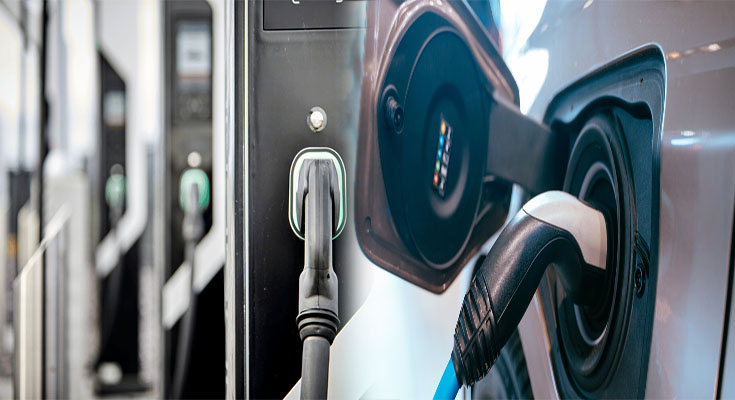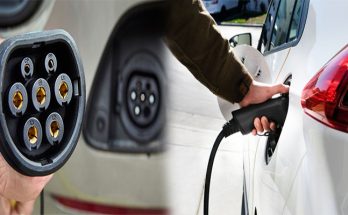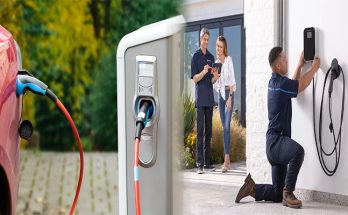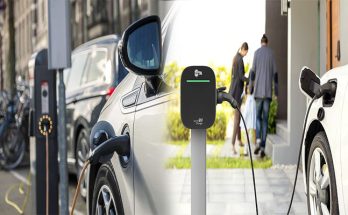As electric vehicles (EVs) become more prevalent on the roads, the need for efficient and reliable charging infrastructure becomes increasingly important. Whether you are a new EV owner or considering making the switch to electric mobility, choosing the right type of EV charging station is crucial to ensure seamless charging experiences. Here are some key factors to consider when selecting the most suitable charging station for your needs:
1. Charging Speed
One of the primary considerations when choosing an EV charging station is the charging speed it offers. Different EV charging stations come with varying power outputs, ranging from Level 1 chargers (120 volts) that provide a slow charge to Level 3 DC fast chargers that can charge your EV in a matter of minutes. Consider your daily driving habits and charging needs to determine the appropriate charging speed for your lifestyle.
2. Charging Location
The location where you plan to install or use the charging station is another important factor to consider. For home charging, a Level 2 charger installed in your garage or driveway may be the most convenient option. If you rely on public charging stations, consider the accessibility and availability of stations in your area, especially if you frequently travel long distances.
3. Portability and Connectivity
Depending on your lifestyle and travel patterns, you may want to consider the portability and connectivity features of EV charging stations. Portable chargers are ideal for EV owners who are often on the go and may need to charge their vehicle at different locations. Additionally, features like smartphone connectivity and monitoring capabilities can enhance the user experience and provide real-time charging data.
4. Compatibility
Ensure that the EV charging station you choose is compatible with your vehicle’s charging port. Different EV models may require specific types of connectors and charging protocols, so it is essential to confirm compatibility before investing in a charging station.
5. Cost and Installation
Consider the upfront cost of the EV charging station, including any installation fees and potential incentives or rebates that may be available. Factor in the long-term savings from reduced fuel costs and potential tax incentives for home charging stations to determine the overall cost-effectiveness of the system.
6. Future-Proofing
As EV technology continues to evolve, it is essential to consider the future compatibility and scalability of your chosen charging station. Look for stations that support emerging technologies and can accommodate advancements in EV charging standards to ensure that your investment remains viable in the long run.
Choosing the right type of EV charging station requires careful consideration of various factors, including charging speed, location, portability, compatibility, cost, and future-proofing. By evaluating your specific needs and preferences, you can select a charging station that best aligns with your lifestyle and driving habits.
As the EV charging infrastructure continues to expand and evolve, staying informed about the latest developments and technologies in the industry can help you make informed decisions when selecting an EV charging station. With the right charging solution in place, you can enjoy the benefits of electric mobility while minimizing the hassle and inconvenience of charging your EV.





